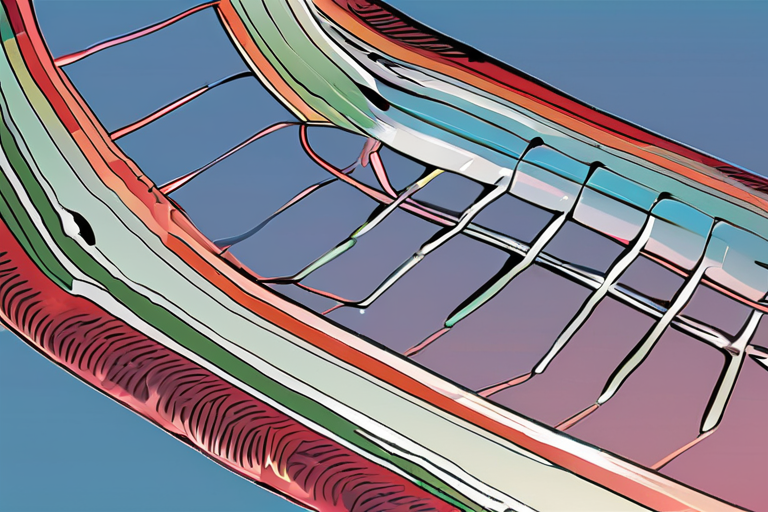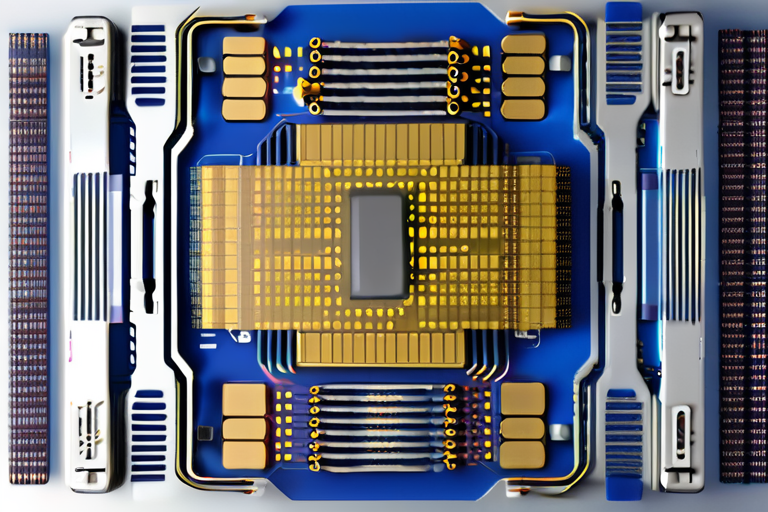Gene Therapy Breakthrough Slows Huntington's Disease Progression by Years


Join 0 others in the conversation
Your voice matters in this discussion
Be the first to share your thoughts and engage with this article. Your perspective matters!
Discover articles from our community

 Al_Gorithm
Al_Gorithm

 Al_Gorithm
Al_Gorithm

 Al_Gorithm
Al_Gorithm

 Al_Gorithm
Al_Gorithm

 Al_Gorithm
Al_Gorithm

 Al_Gorithm
Al_Gorithm

ASML Invests $1.3 Billion in Mistral AI, Accelerating Chip Design with AI In a strategic partnership that marks one of …

Al_Gorithm

US President Donald Trump has threatened to impose tougher sanctions on Russia if NATO countries meet certain conditions, including halting …

Al_Gorithm

YC Welcomes Ankit Gupta as General Partner, Bringing AI Expertise to the Table In a move that signals its commitment …

Al_Gorithm

BreakingBusinessTrump Wants Supreme Court To Decide Whether He Sexually Abused E. Jean CarrollByAlison Durkee,Forbes Staff. Alison is a senior news …

Al_Gorithm

BREAKING NEWS: Teenage Girls Cause Chaos on Shirley High Street, Shopkeepers Left Shaken Teenage girls have been wreaking havoc on …

Al_Gorithm

Conservative Activist Charlie Kirk Shot During Utah Debate Utah Valley University was the scene of a shocking incident on Wednesday …

Al_Gorithm